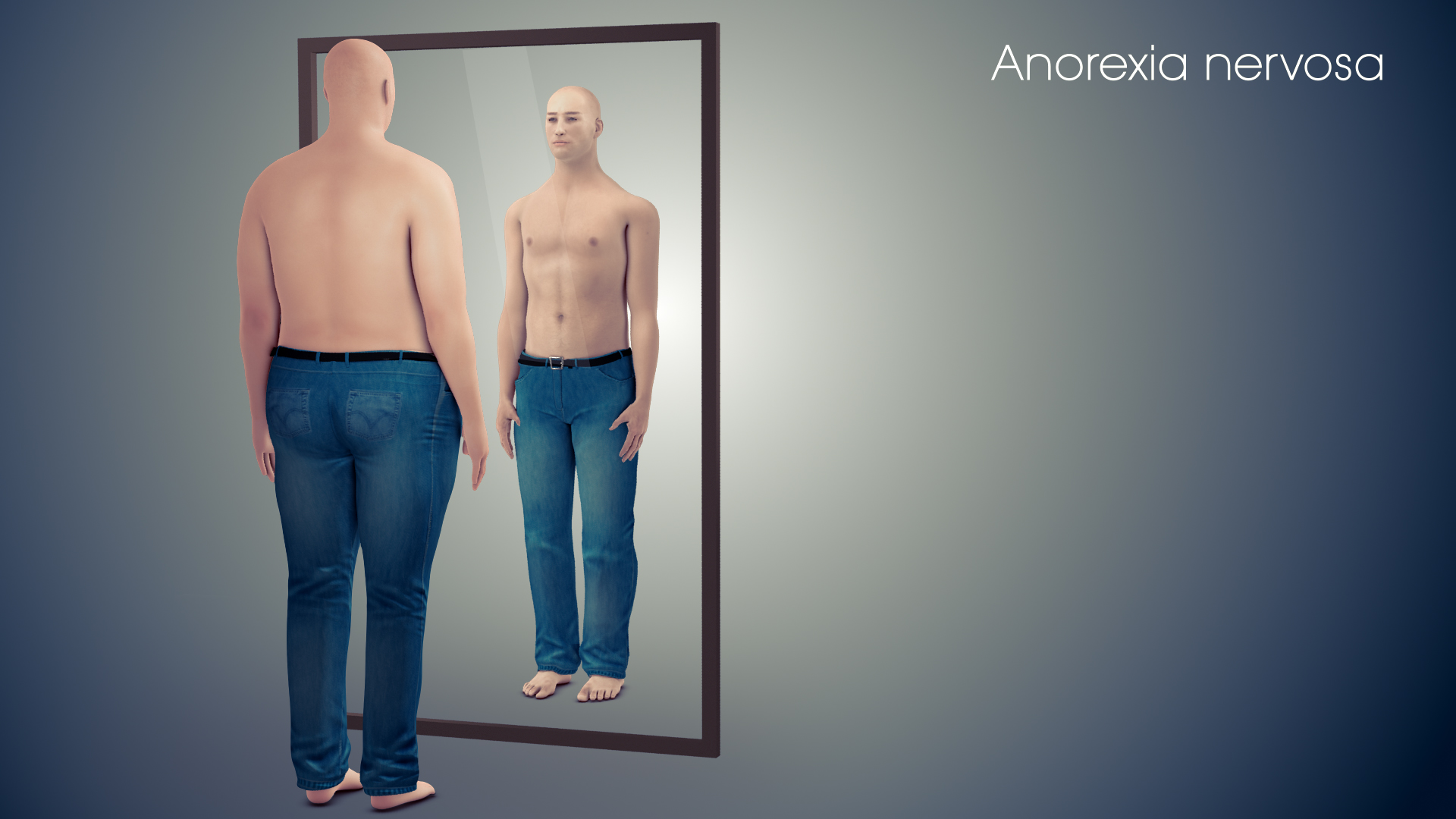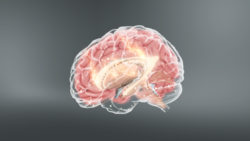
Symptoms
The signs and symptoms of anorexia nervosa are many. These consist of:- Weight loss at a rapid speed over a span of a few weeks or months
- Eating very little or dieting even when the weight is less
- Intense fear of weight gain
- Feeling fat even when underweight
- Anxiety and irritability
- Self critical
- Too much influence of body shape and weight on self esteem
- Irregular menstrual periods in women
- Exercising compulsively
- Obsession with food
- Lying about food consumption
- Physical symptoms such as intolerance to cold weather, stomach cramps, thin hair on the body, yellow skin, dental problems, brittle nails and hair, exhaustion and fatigue, frequent illness, constipation, anemia, fainting and swollen joints
Causes
The exact cause of anorexia nervosa is not clear, but it is a combination of social, psychological and environmental factors. People with this disorder believe that their lives would be better if they were thinner. They have obsessive and compulsive personality traits. They have an extreme drive for perfectionism, which leads them to think that they are never thin enough. Most cultures focus on thinnness, and success and self worth get equated to thinness. Peer pressure also contributes to the desire for being thin and women and girls are more affected by this.Treatment
The biggest challenge in treating anorexia nervosa is that the affected people do not view this as a disorder and consider it as a lifestyle choice. Treatment may include treating both psychological and physical problems. The primary aim of treatment of anorexia nervosa is commonly restoring the weight to a healthy level. Effective treatment commonly involves continued medical care, regular therapy, and nutritional counselling. Antidepressants may be prescribed as well.Sources-
- https://www.nationaleatingdisorders.org/learn/by-eating-disorder/anorexia
- https://www.mayoclinic.org/diseases-conditions/anorexia-nervosa/symptoms-causes/syc-20353591
- https://www.webmd.com/mental-health/eating-disorders/anorexia-nervosa/prevent-anorexia-nervosa#1
- https://www.eatingdisorderhope.com/information/anorexia

What happens in OCD: The Molecular Picture
As the name goes, Obsessive Compulsive Disorder is most commonly characterised by “obsessions” or recurring uncontrollable, intrusive thoughts and “compulsions” or behaviors that a person feels the urge to repeat over and over..Read More..









